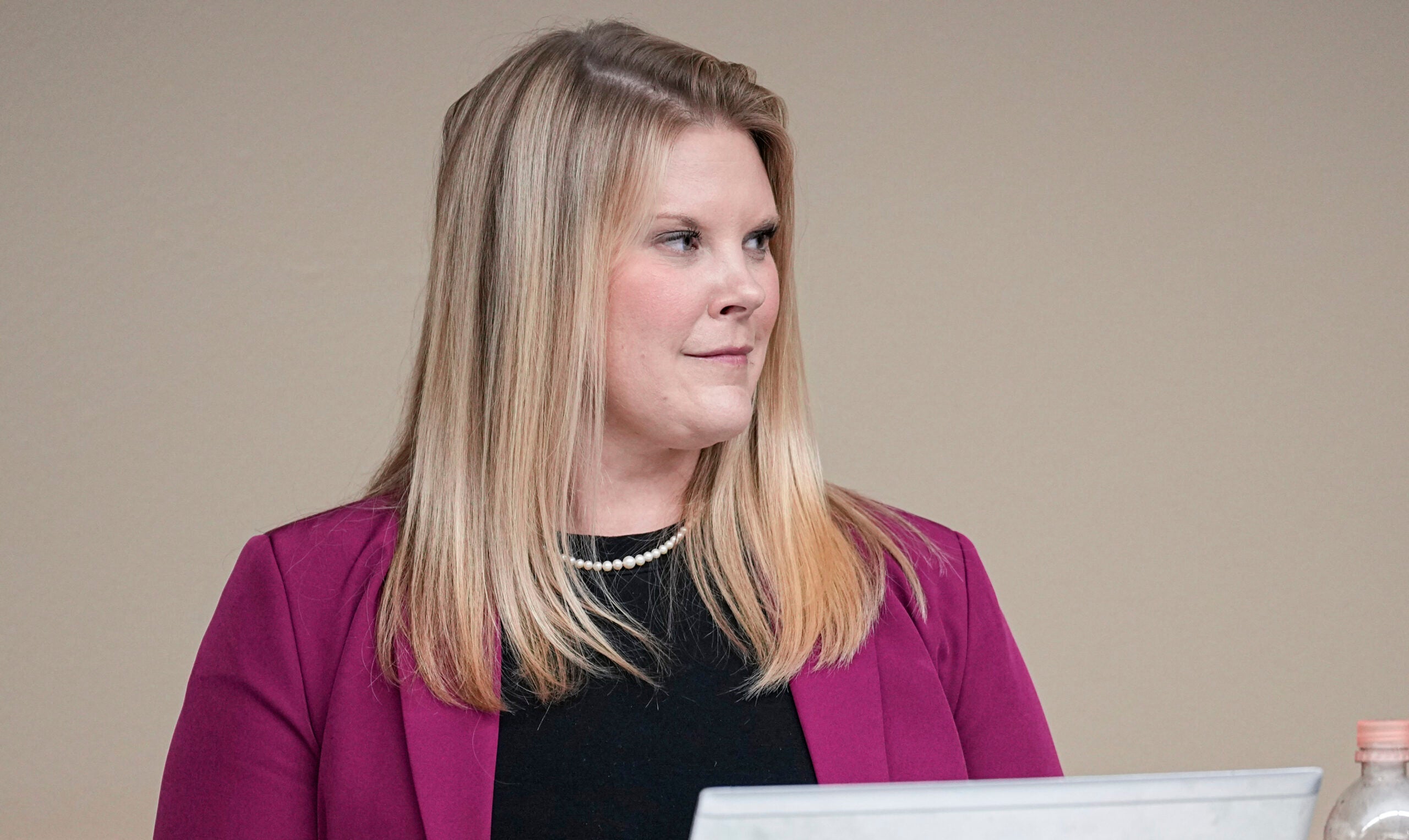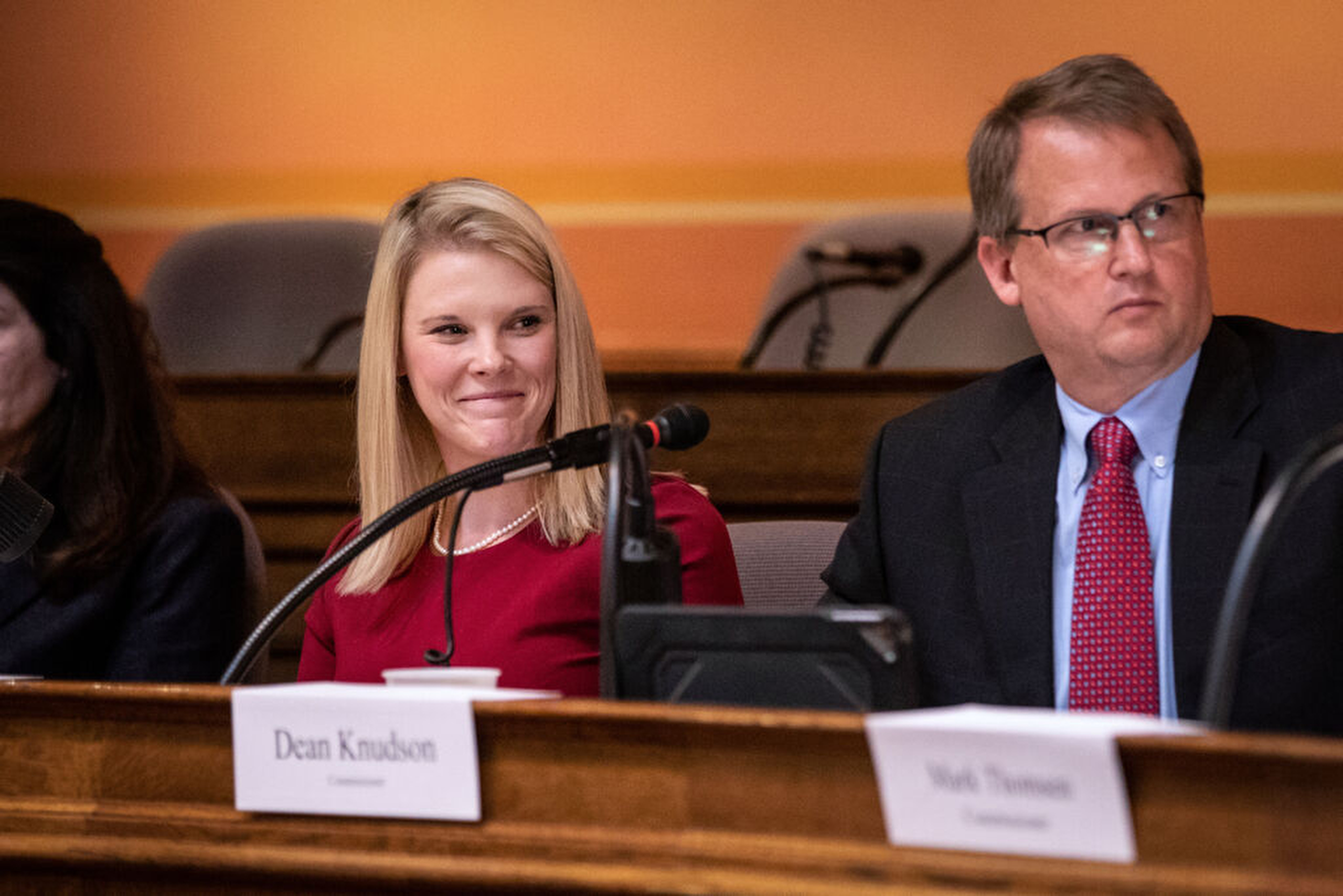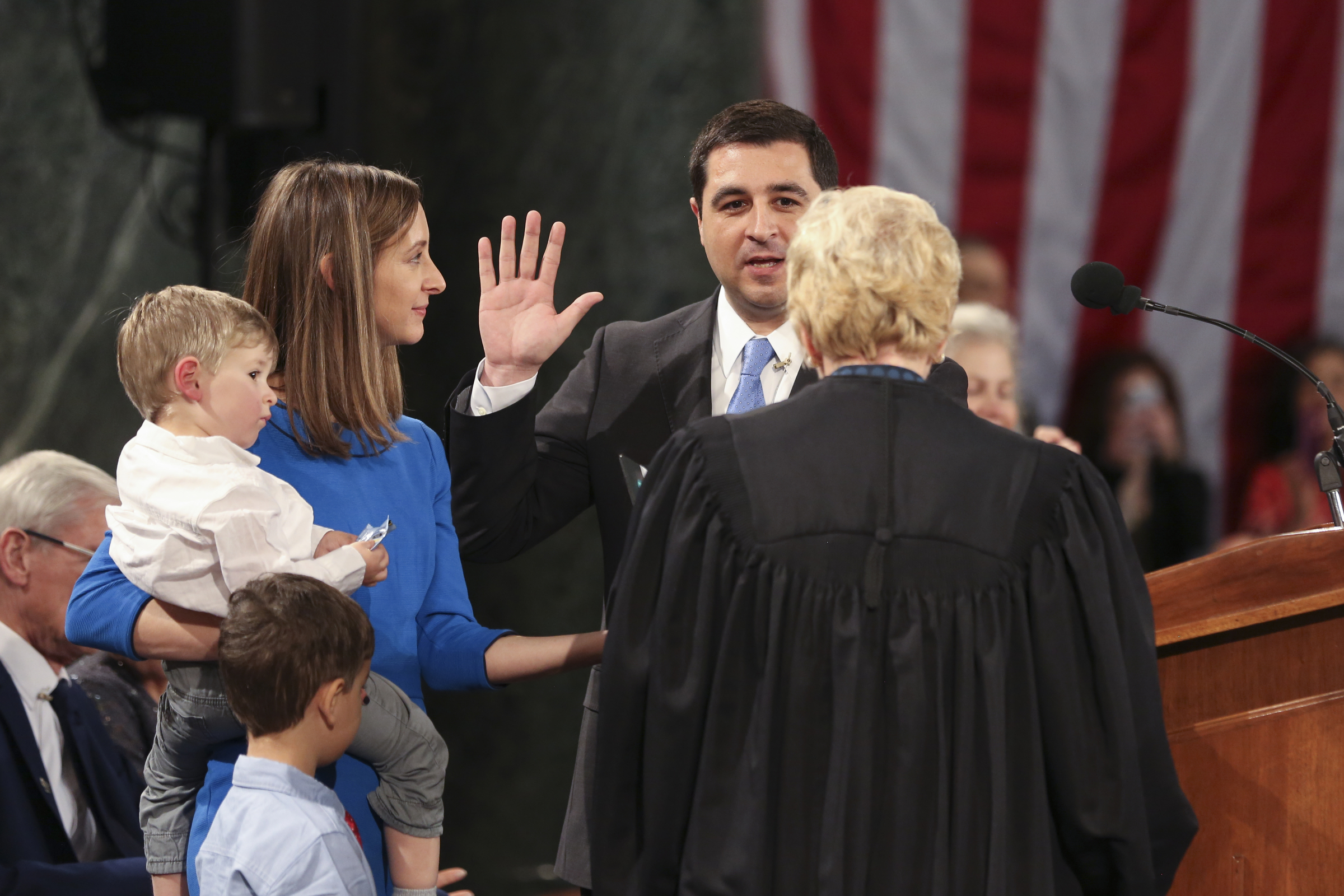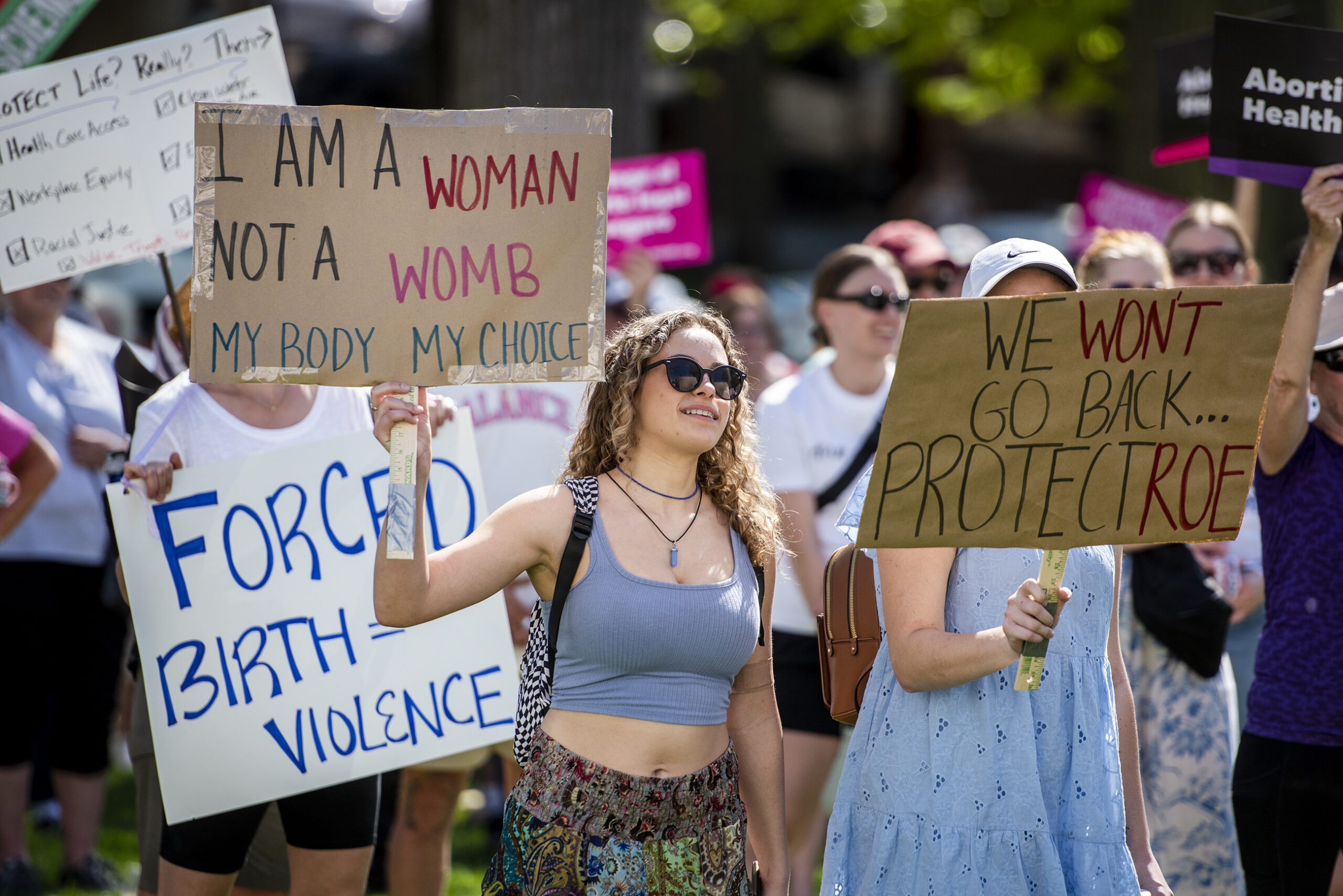In the two weeks after Wisconsin voters cast ballots in this November’s election, oral arguments will begin in lawsuits that affect two high-profile issues in the state.
The Wisconsin Supreme Court will hear arguments in a case about abortion access and in a case determining the status of the state’s highest election official.
Oral arguments in the Josh Kaul v. Joel Urmanski, which challenges a Civil War-era law previously interpreted to ban abortion in Wisconsin, will take place on Nov. 11.
Stay informed on the latest news
Sign up for WPR’s email newsletter.
And arguments in Wisconsin Elections Commission v. Devin LeMahieu, which challenges Meagan Wolfe’s status as administrator of the body that oversees elections in the battleground state, begin Nov. 18.
The court had previously agreed to hear the cases. It scheduled oral arguments last month to take place after voters animated by abortion access and voting rights will have cast their ballots.
Polling shows Democrats in particular are motivated by abortion access and democracy. According to the most recent Marquette Law School poll, released monthly in the lead-up to the election, abortion policy is the top issue for 12 percent of Wisconsin voters, including 20 percent of Democrats. Among Democrats, it’s the second-most important issue after the economy. “Ensuring fair and accurate elections” is the third-most important issue, tied with protecting Medicare and Social Security.
Republicans are less motivated by these issues. Polling shows Wisconsin Republicans are overwhelmingly motivated by the economy and immigration, with other issues registering at single-digit levels of importance.
State Supreme Court cases have drawn national attention
The Wisconsin Supreme Court announced in July that it would hear two abortion-related lawsuits, including one filed by Attorney General Josh Kaul. That suit challenged a law that was triggered after the U.S. Supreme Court overturned federal abortion protections in 2022.
After Roe v. Wade was overturned, abortion providers in Wisconsin ceased all abortion services for more than a year, but resumed last year when a Dane County circuit court judge ruled the law does not prohibit consensual medical abortions.
The high court will consider whether that lower court decision holds. Kaul’s lawsuit argues that the original law criminalizing most abortions, enacted in 1849, has been superseded by later laws.
The status of legal abortion in Wisconsin has been a major animating force in recent elections, leading to record turnout in an off-season race for an open seat on the Wisconsin Supreme Court in part because voters knew abortion access would be up for consideration.
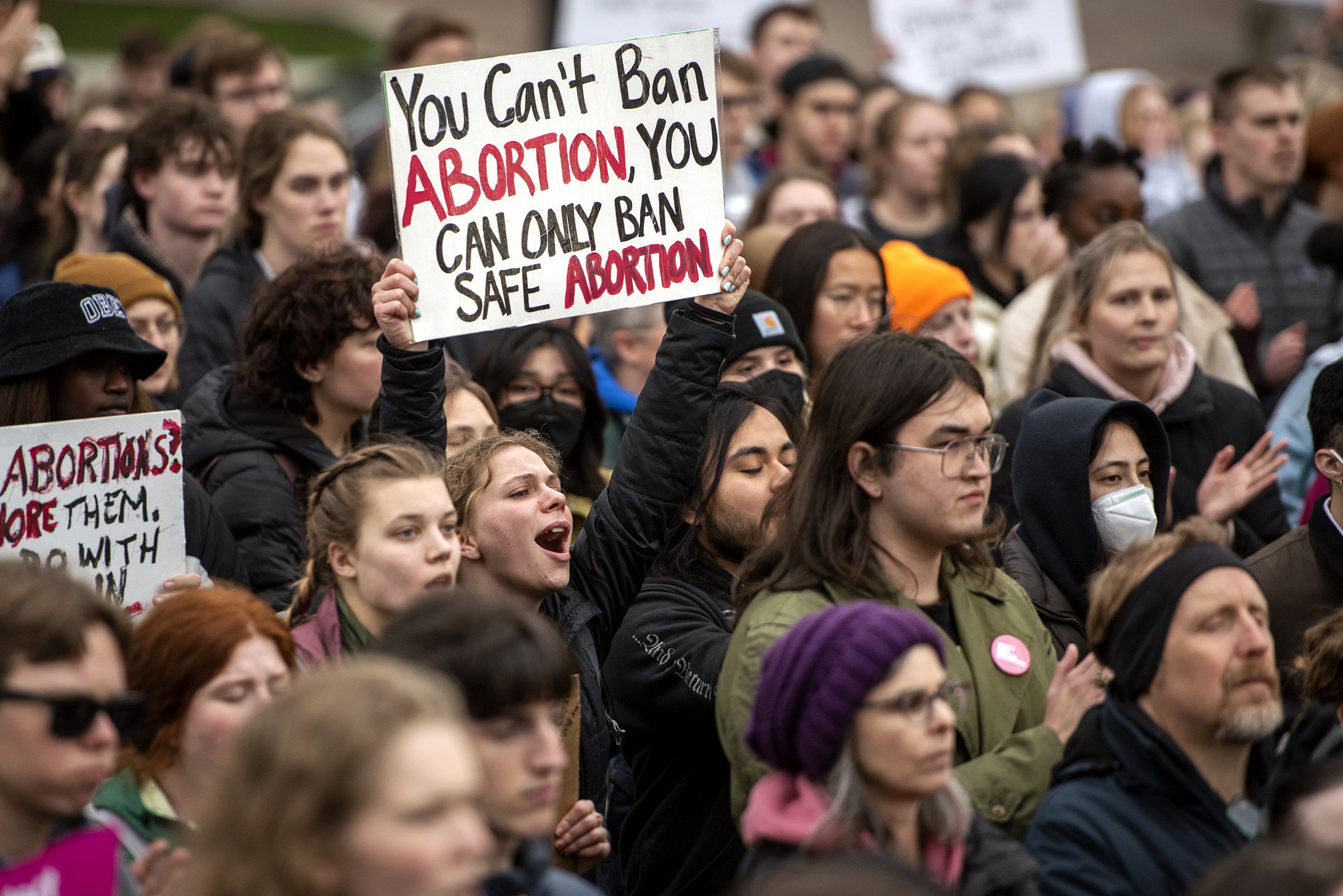
That race, which ultimately elected the liberal Justice Janet Protasiewicz and tipped the idealogical balance on the court to a liberal majority, also shattered spending records for a court race — another clue to the issue’s electoral importance.
The case determining whether Wolfe, the state’s nonpartisan chief elections officer, can stay in her role is tied into national concerns about election integrity following attacks on the process in 2020. The Wisconsin Supreme Court announced in September that it would take up that case.
The lawsuit is part of a saga extending to when Wolfe’s term in office expired last summer. She stayed on in a holdover position in a move backed by Kaul but criticized by Republicans in the state Legislature, who attempted to oust her by moving her name through an official nomination process and voting against her.
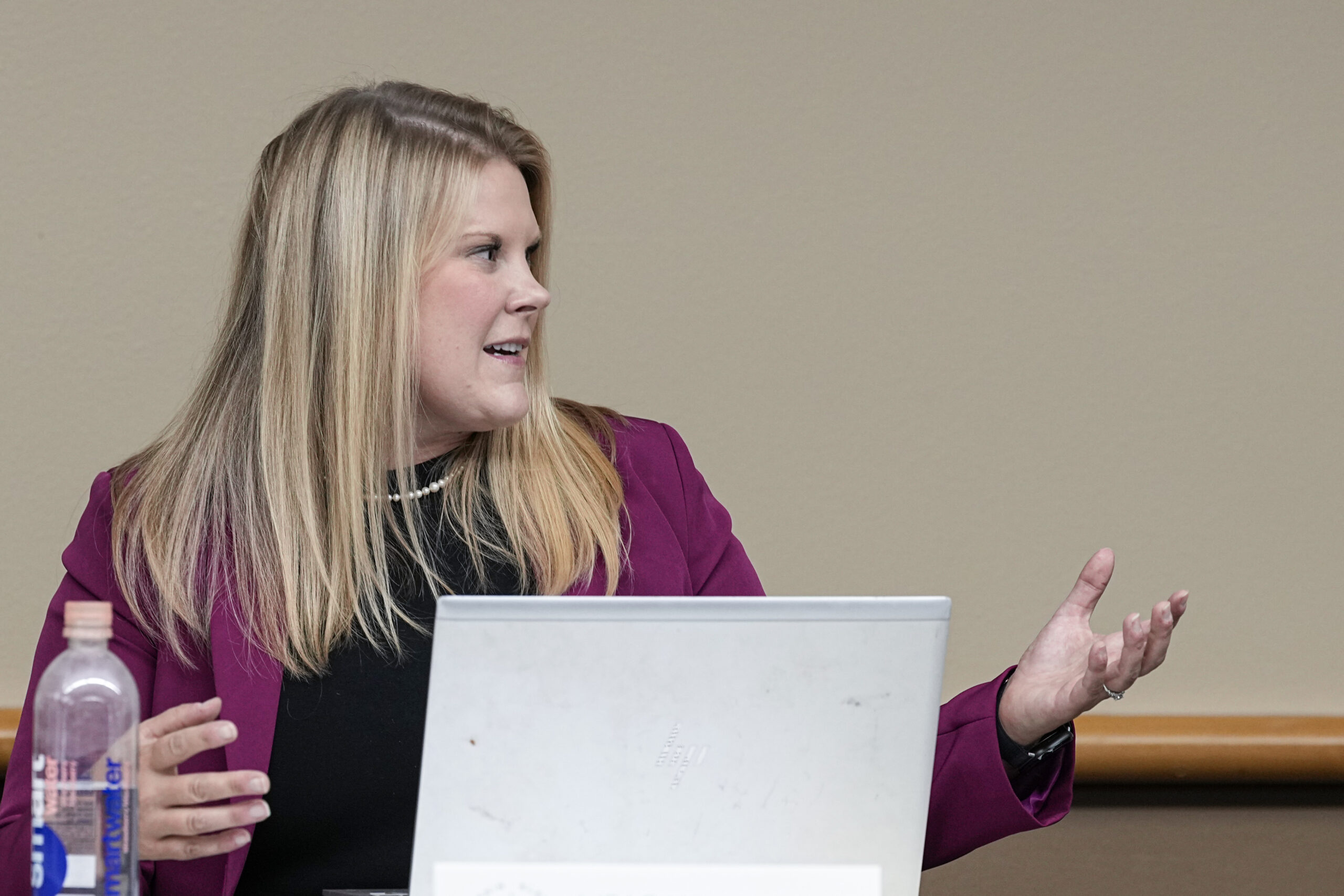
Kaul said the whole process was illegitimate and called on state courts to affirm that. The state high court will weigh in on the matter, determining whether state law, which suggests that appointed officials may stay in office indefinitely if they decline to step down, applies to the electoral body.
The winding battle to remove Wolfe took place over the course of several months last year, and was fueled by conspiracy theories leveled against her after the 2020 presidential election, including by former President Donald Trump and his allies.
Some Republicans who attempted to oust her argued that Wolfe had lost the faith of the voting public. In a lower court ruling in January, Dane County Circuit Court Judge Ann Peacock said Wolfe may continue to work as a holdover and the Legislature’s vote to fire her did not have any effect.
Wisconsin Public Radio, © Copyright 2025, Board of Regents of the University of Wisconsin System and Wisconsin Educational Communications Board.



